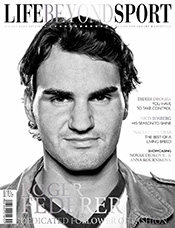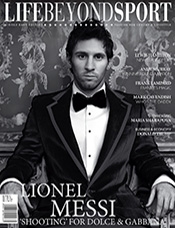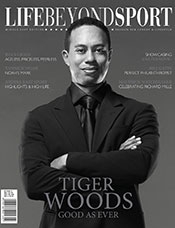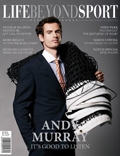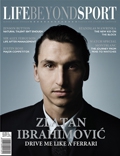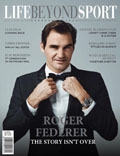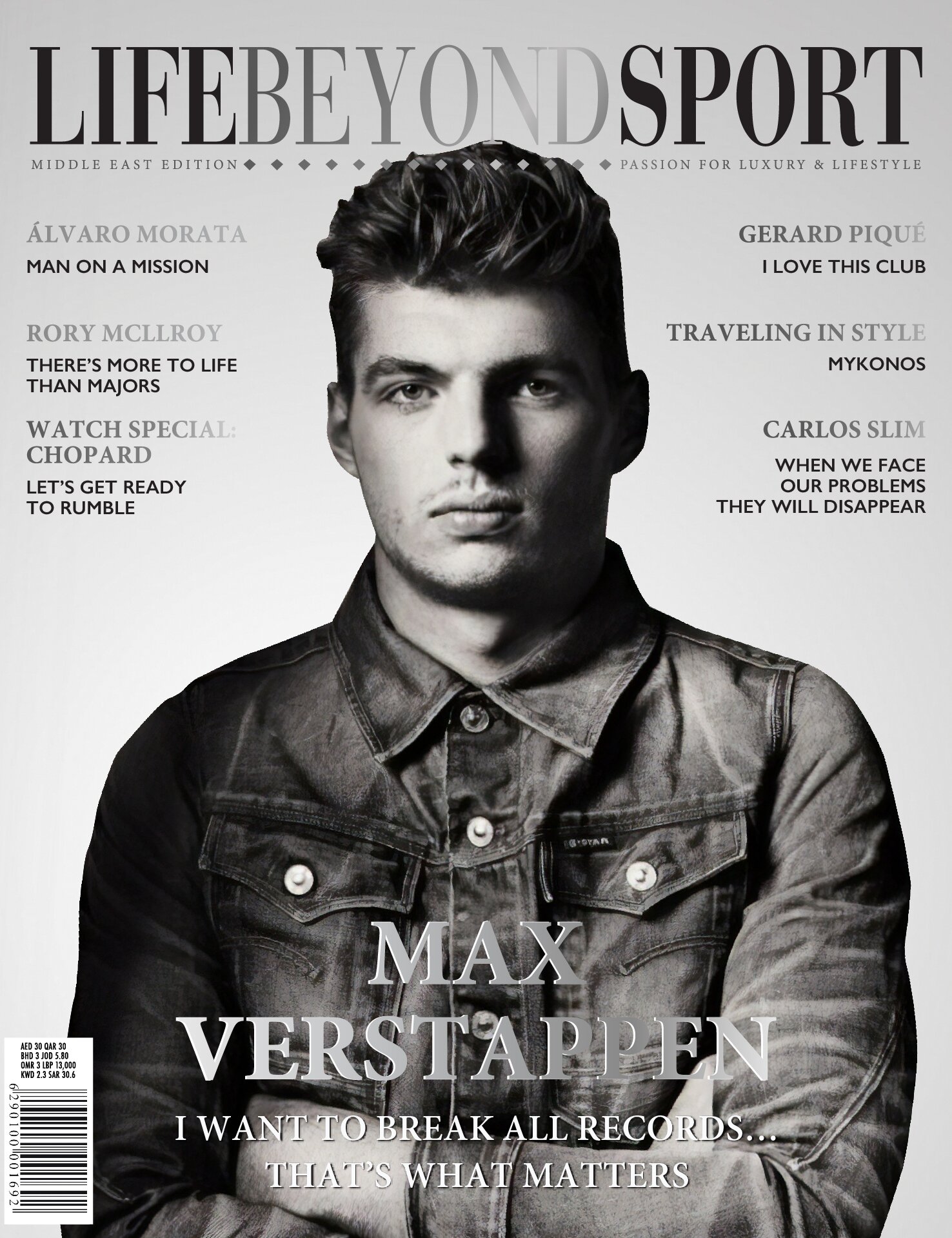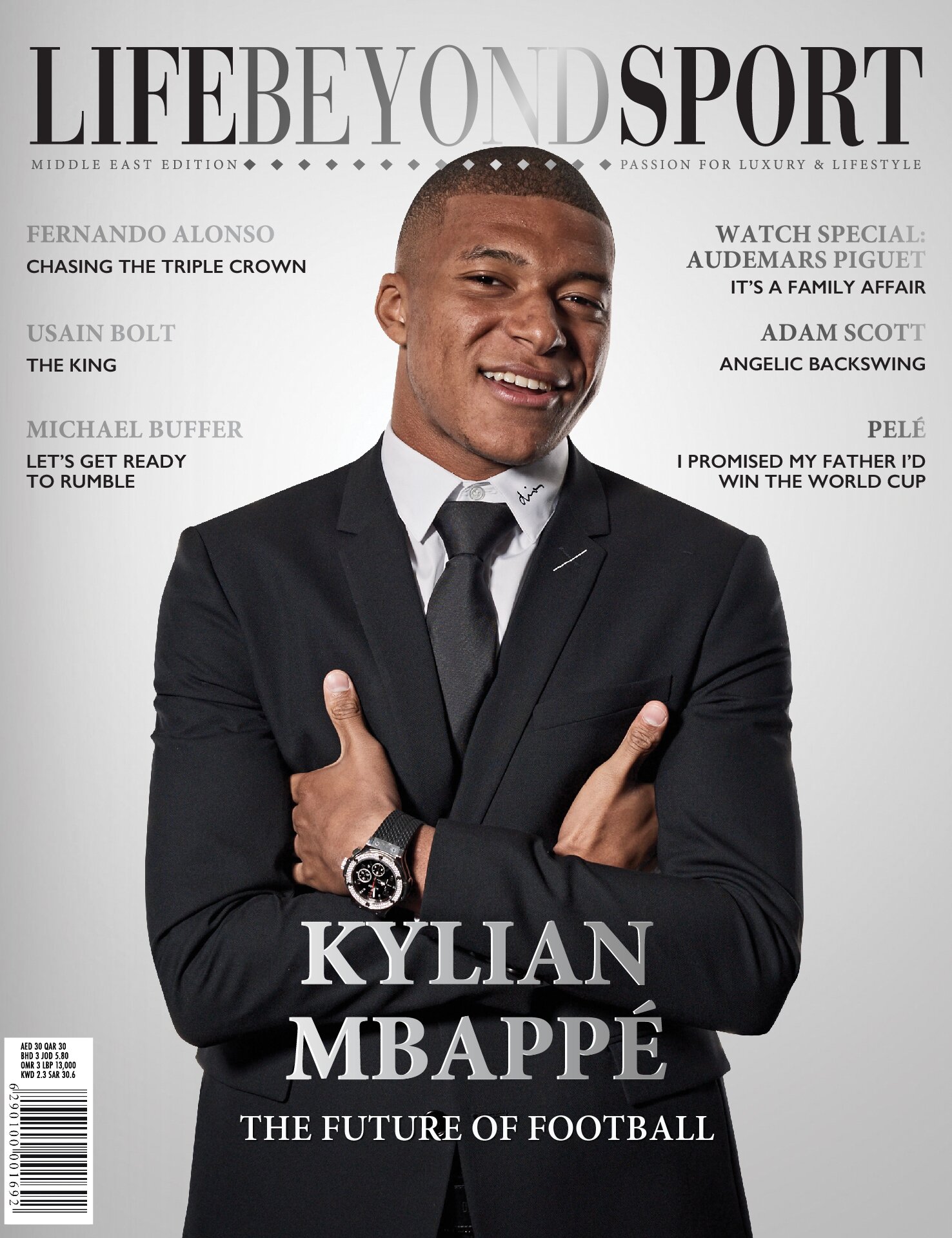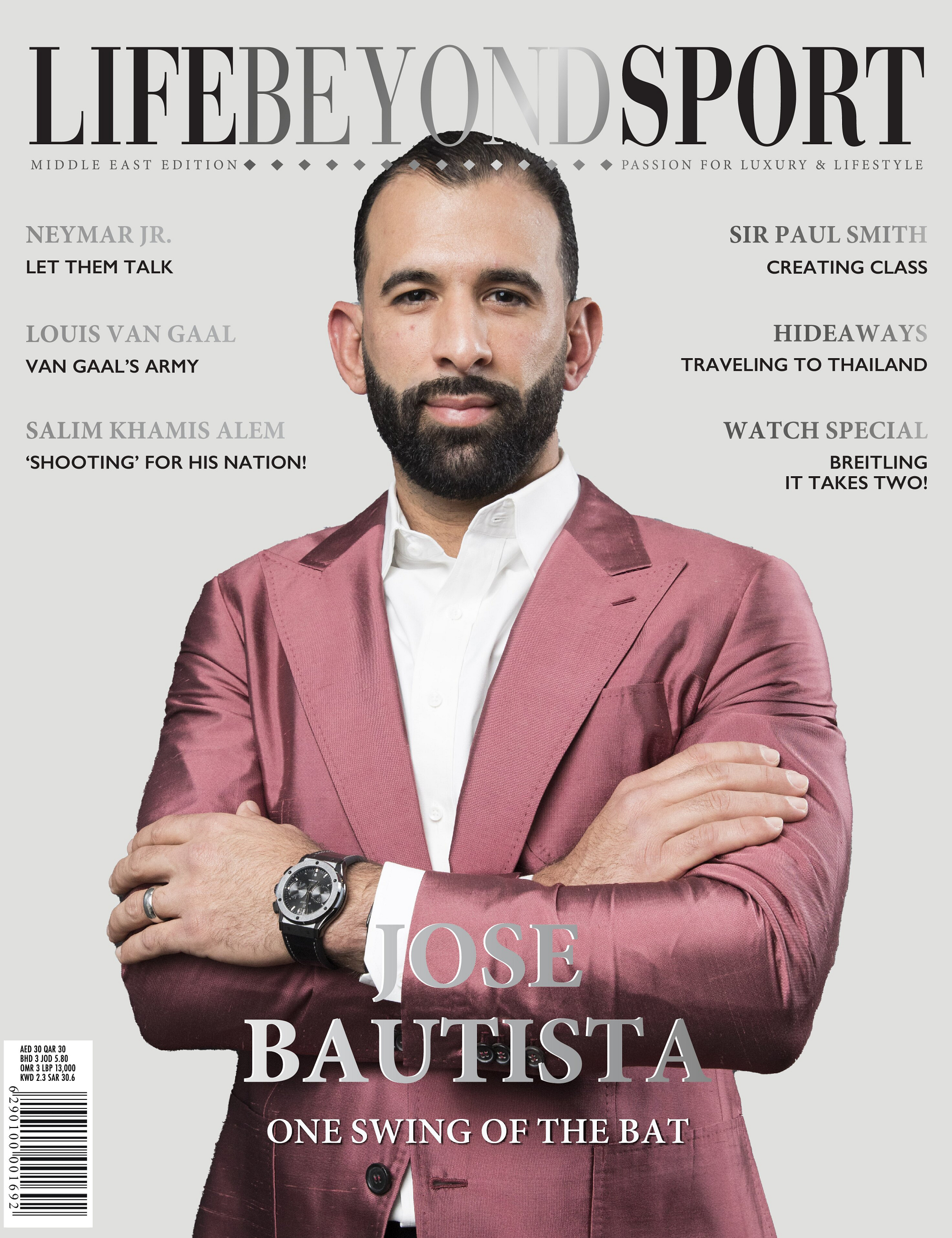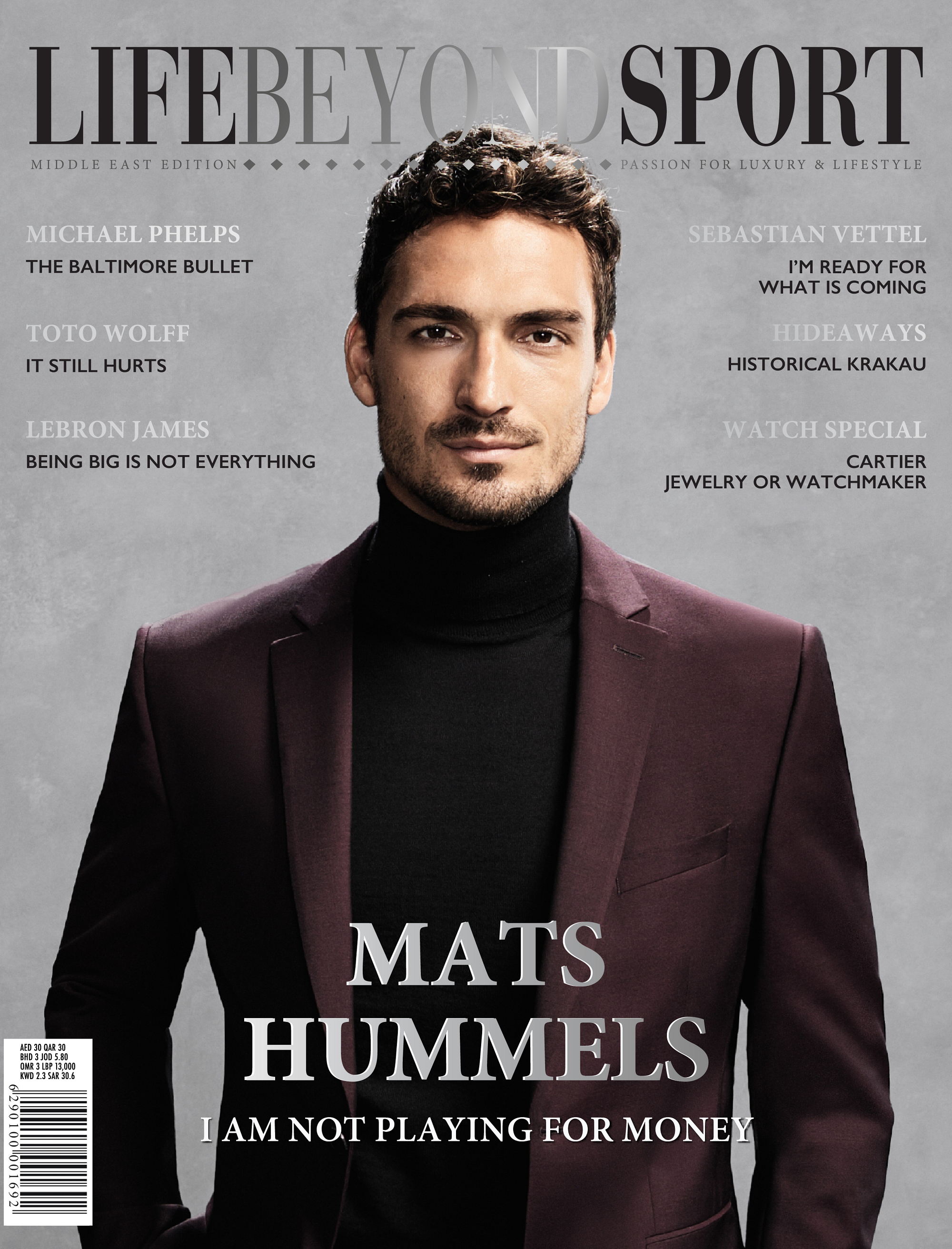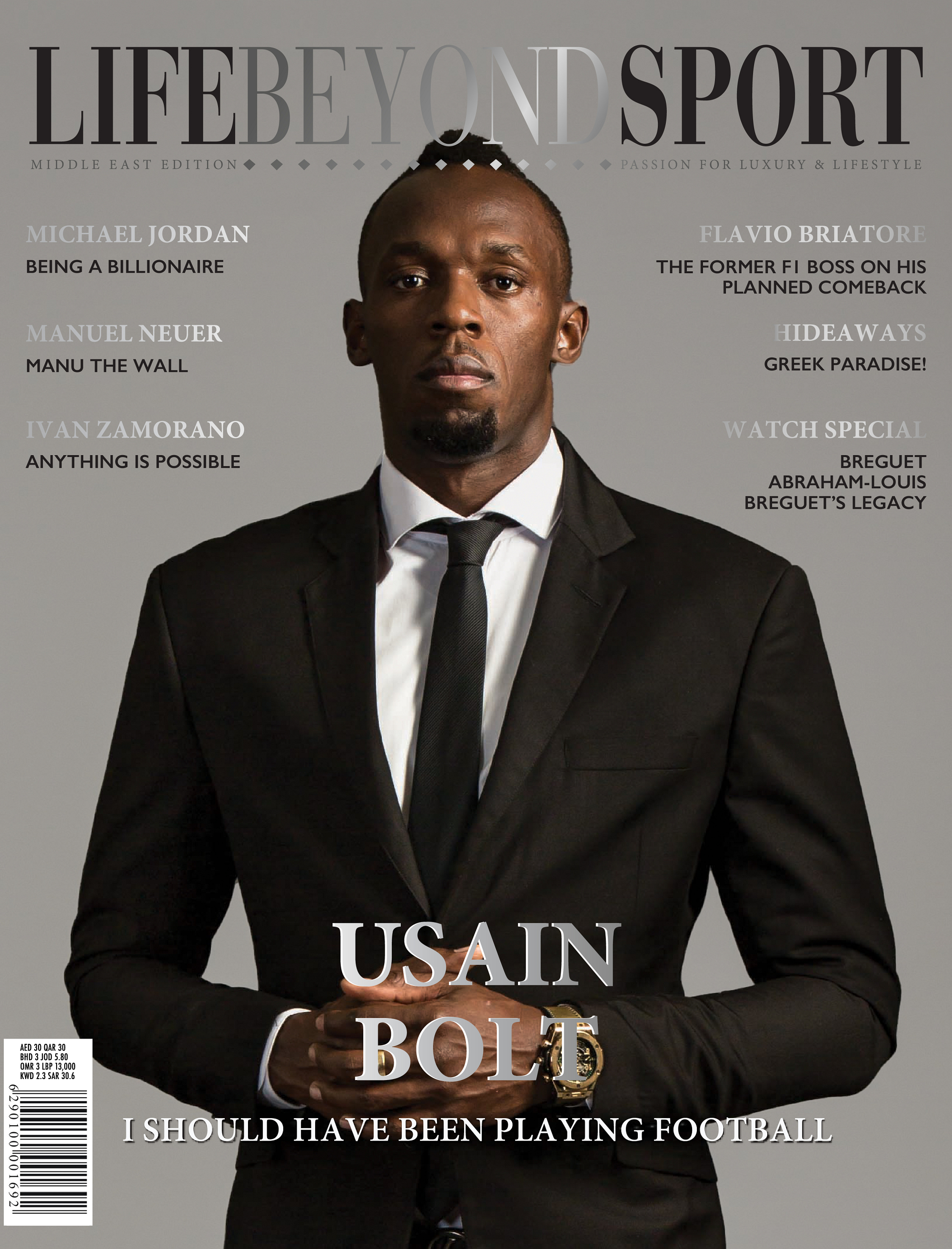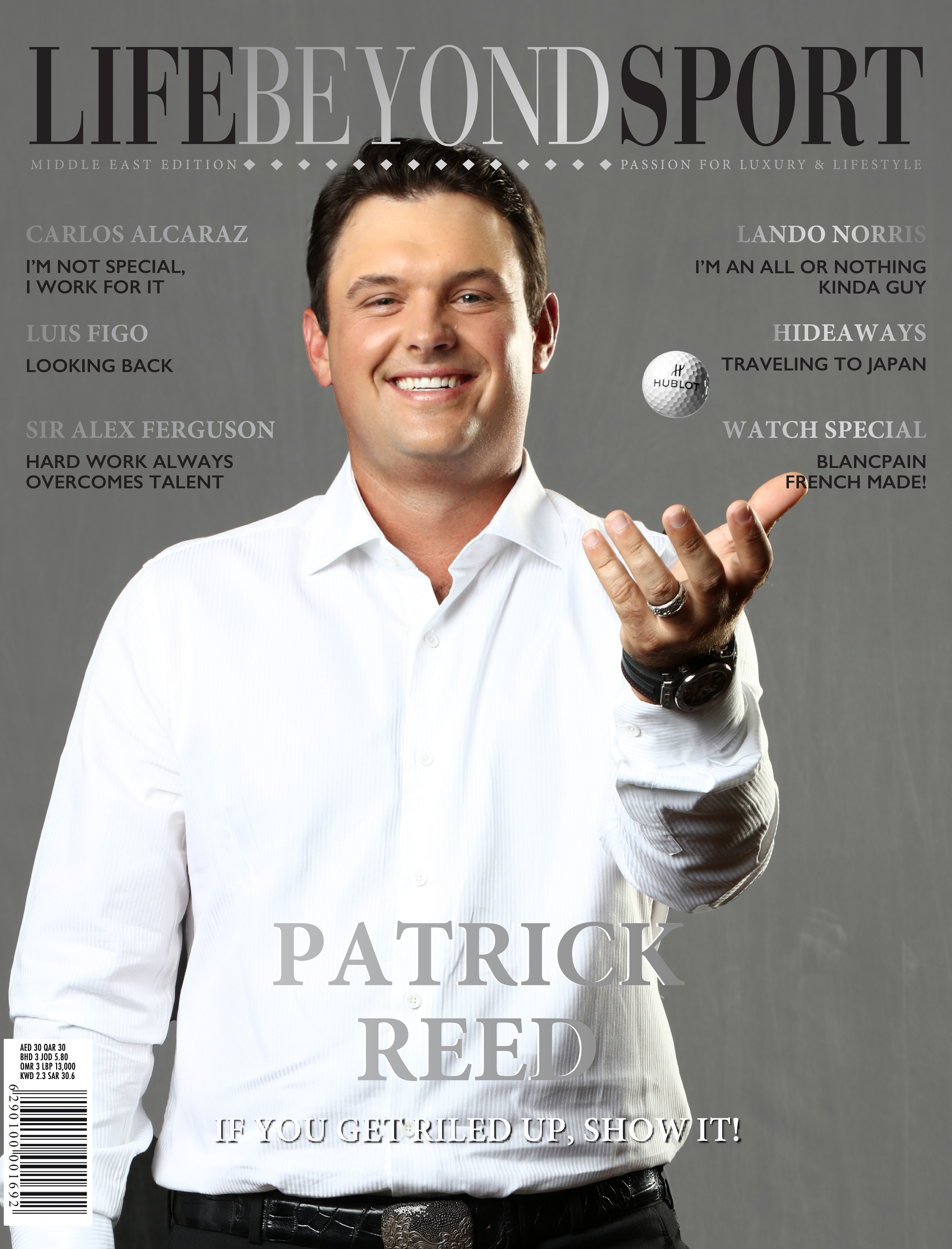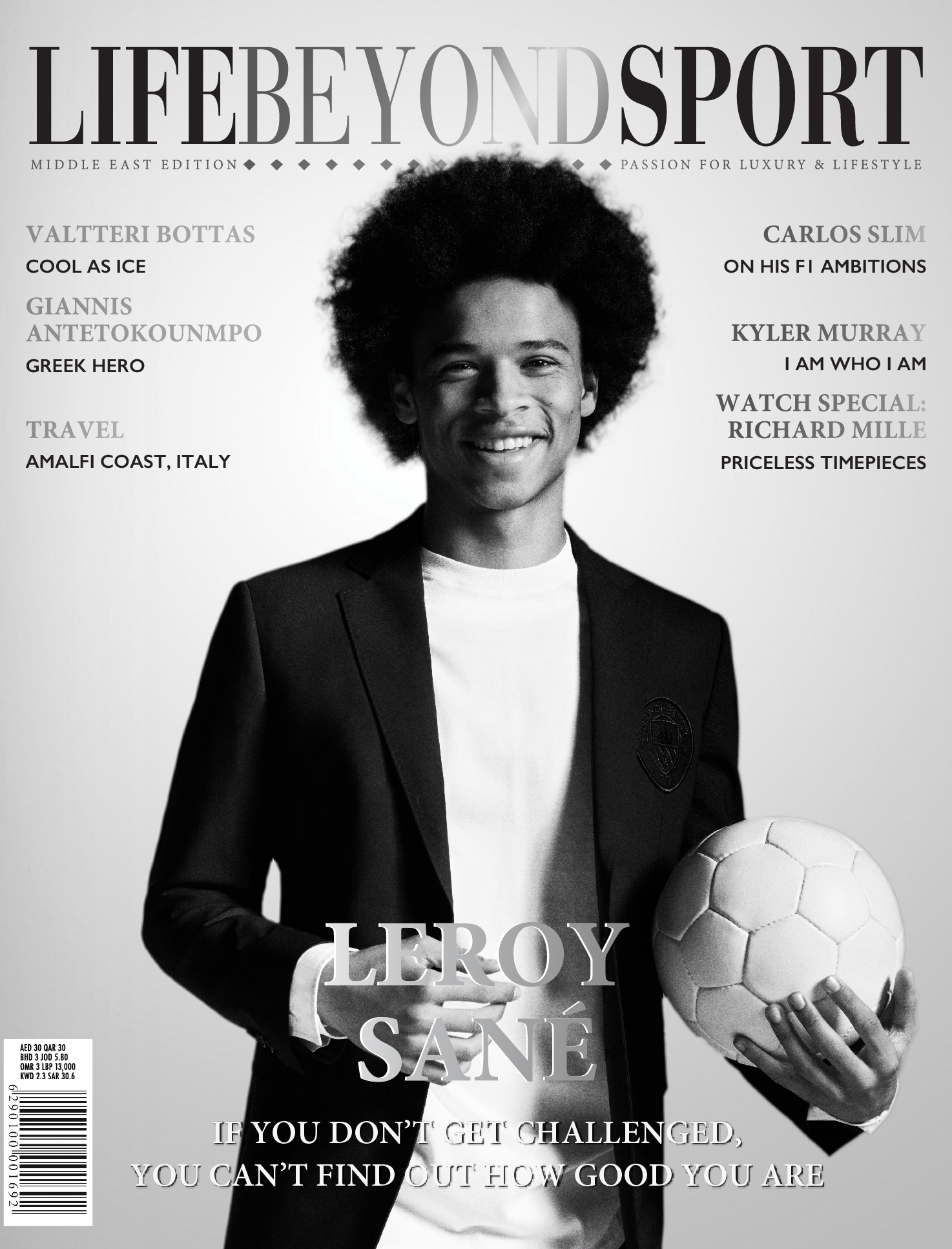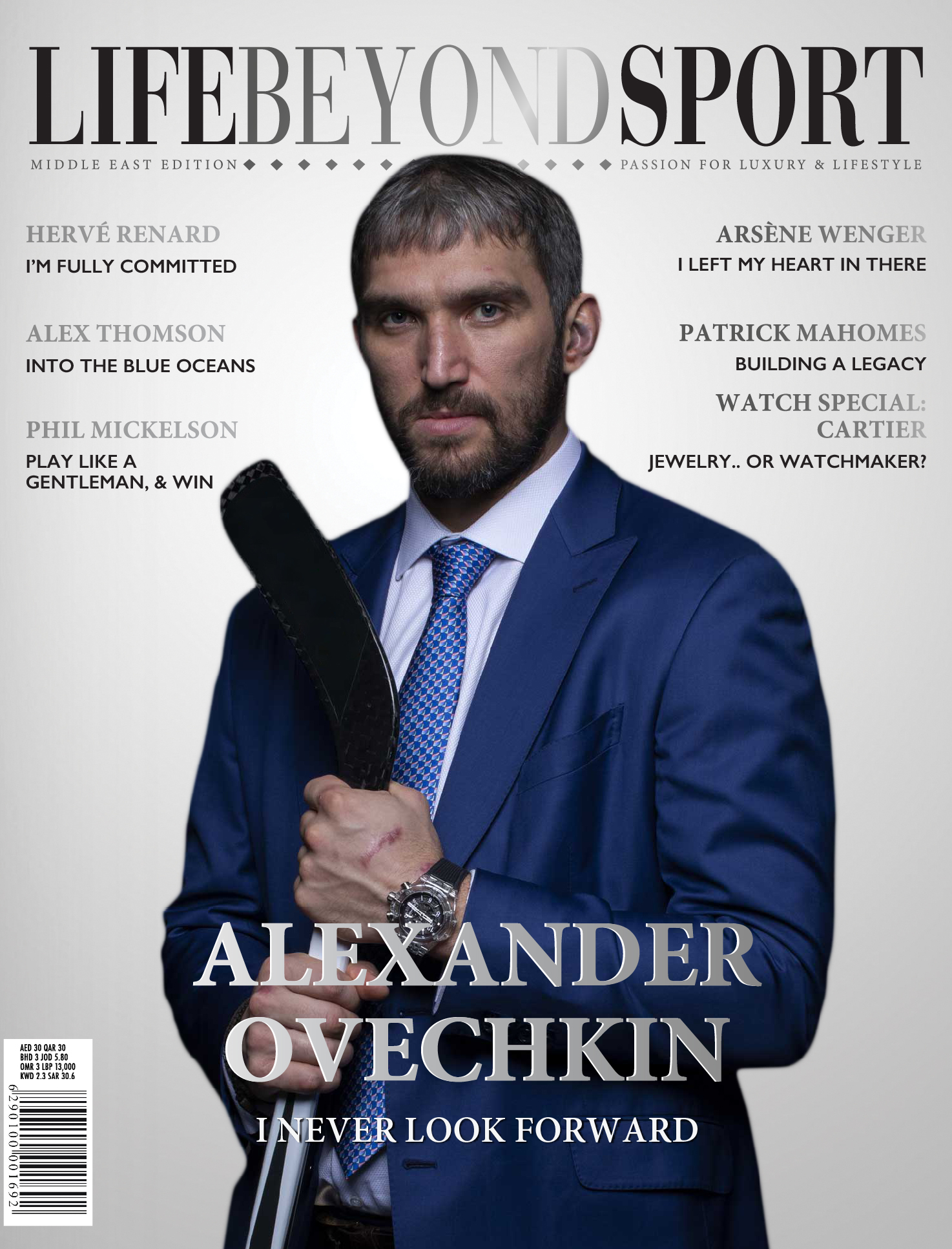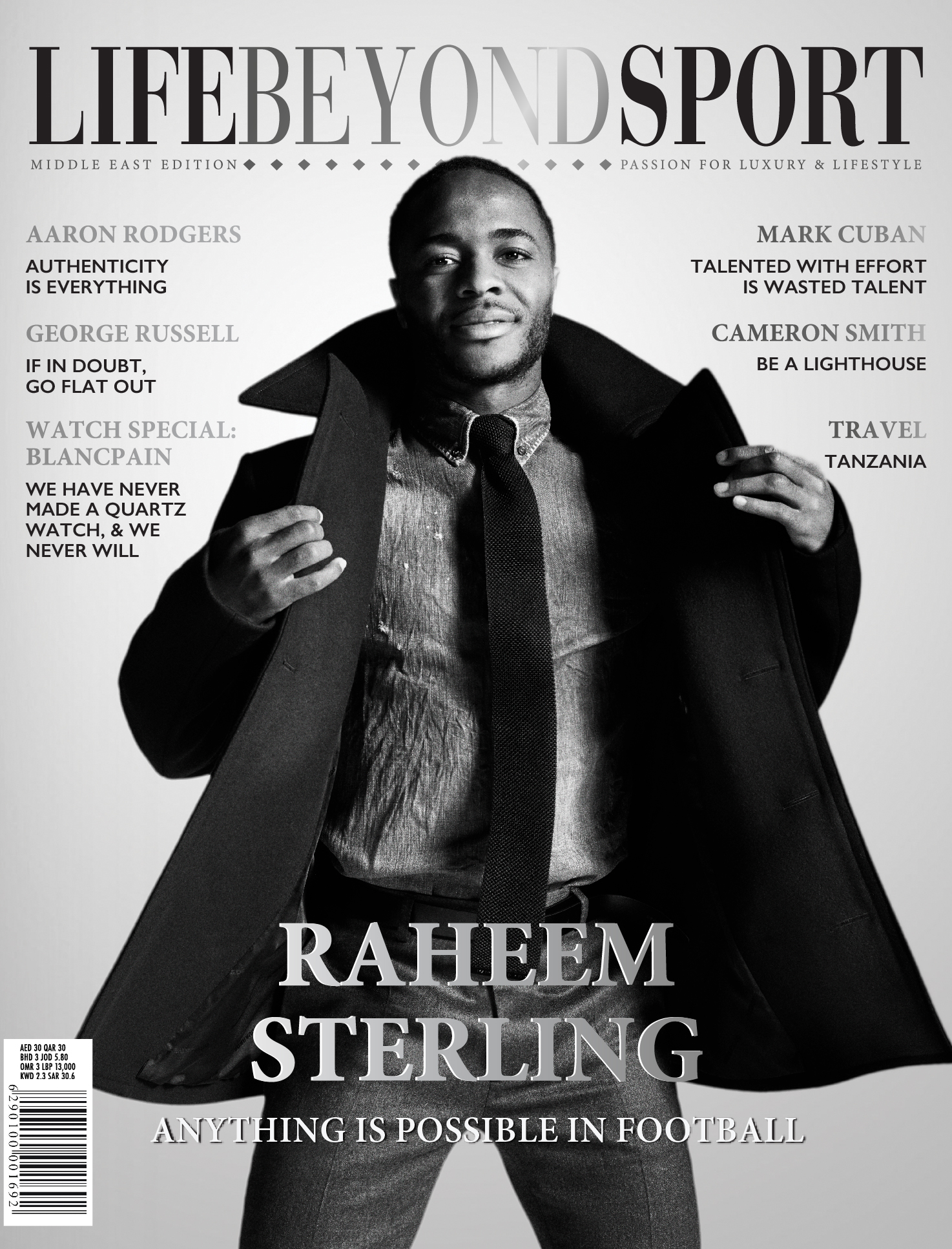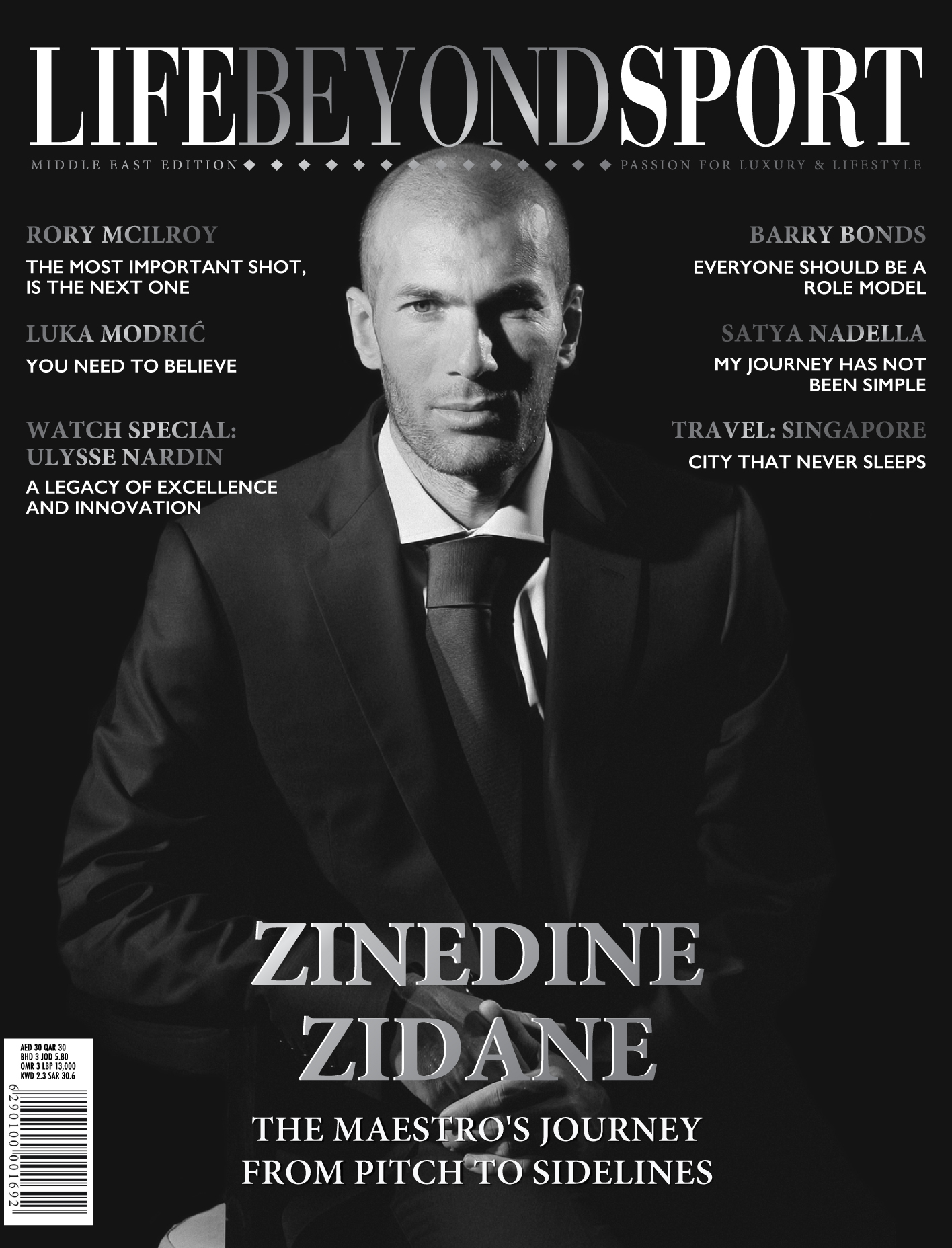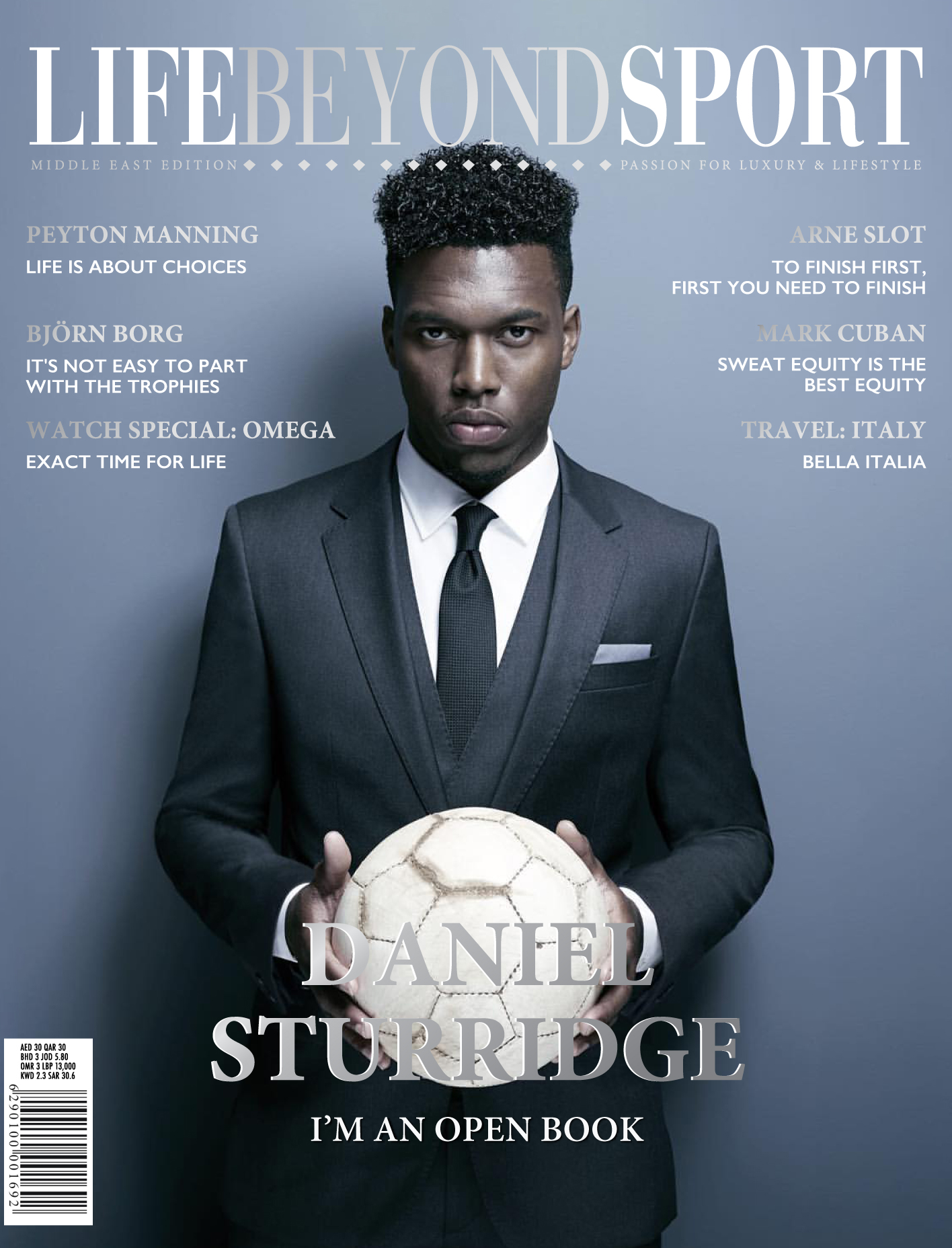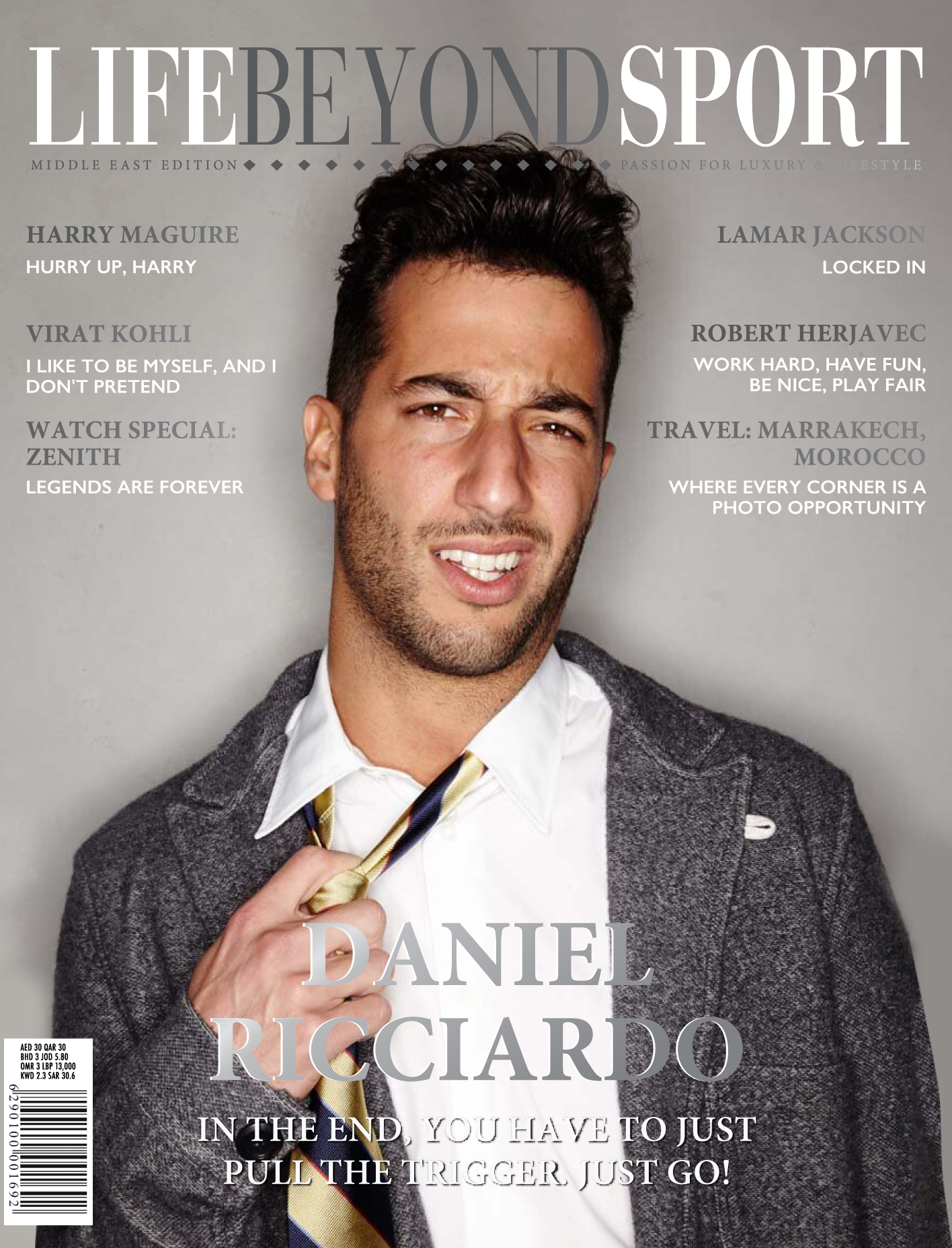Boxers regularly knock out 13 and a half hour days
“On a typical training day I will get up at 6.30am and finish training at 8pm. I’ll do running, stretching, and then three gym sessions at about 11.30am, 1.30pm and 5.30pm, so I am usually done by about 8pm. It’s intense but we do get to rest on the weekend.”
Training always comes before breakfast
“I implement fasted cardio before breakfast to build my fitness and burn fat. Unless you wake up two hours before you train, it’s hard to have a breakfast first anyway and we like to start early.
Every fight is based on three-minute rounds with one-minute rests so I head down to a 400m track and complete a 900m run within three minutes, followed by one minute’s rest. I’ll do that up to eight times to help simulate the demands of a fight.”
 Boxers learn from Brazilian footballers
Boxers learn from Brazilian footballers
“I often go down to a sandpit and do a lot of boxing movements in the sand. It’s very heavy on the legs and it’s similar to how the Brazilians learn to play football. If you look at top players like Pele and Ronaldinho, their secret was to play football in the sand because it builds up the strength and stability and balance in the legs. It really helps with my explosive agility too.”
Neck harnesses help you take a punch
“As a heavyweight boxer, you need extremely strong neck muscles, so I train regularly with a neck harness. It can hold any amount of weight and really works your traps and neck area.
You lean over the edge of a ring and let the weight dangle down then use your neck strength to pull it up or down. You can do it forwards, backwards or on both sides so you strengthen every part of your neck.”
If you want glamour, this is the wrong sport
“Boxing training is still quite old-school and rugged in many ways. I like it that way because it keeps you grounded. There is not much glitz and glamour. You don’t need much to be a boxer –a pair of gloves, some shorts, a heavy bag and a coach.
Boxing can be a real rags-to-riches story and that is what catches people’s attention. I definitely like it for that reason.”
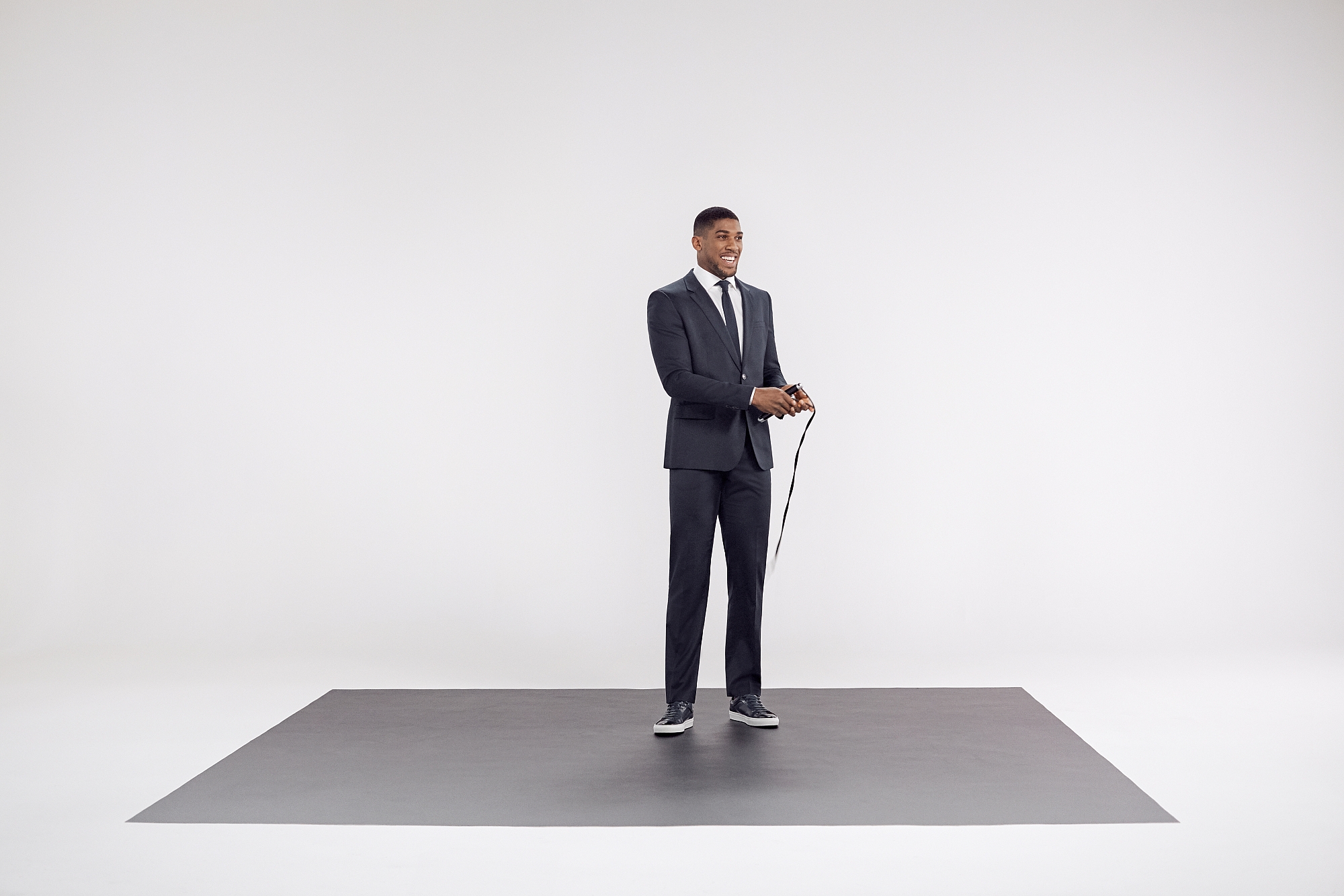 Boxers now train like mountaineers
Boxers now train like mountaineers
“Away from the gym there is a lot more sports science involved in boxing today – not just in the equipment and clothing but in the training as well. I train sometimes at an altitude centre. I do running and shadow boxing while they pump in nitrogen to simulate a lower-oxygen environment. It helps to build red blood cells so you get fitter.”
I no longer feel pain in training
“I’ve gone past the stage of pain in the gym. I swear to you. It’s just a mental thing now. When you’re really trying and your coach is saying ‘that’s not good enough’, it’s more of a mental game.
It used to be like physical torture on the body, but now it’s a mental challenge. I’m thinking: how am I going to get through today and improve on this? How am I going to be better today than I was yesterday?”
I like to ‘wolf down’ a whole chicken
“As a heavyweight boxer I don’t have to make weight so I’m lucky. That’s why I can have a whole chicken when I go to Nando’s.
I normally use a company called Soulmate Food who deliver healthy meals like fish, chicken, rice and veg, but in the evening I don’t mind a Nando’s. I usually have a whole chicken with a quinoa salad.”
You need to turn your core strength on and off
“Heavyweight boxers are generally very tall now which means we need a strong core to transfer all our force through the body when we punch. Heavyweights used to be short and stocky but now we’re tall and strong. I use a lot of TRX rows, medicine ball twists and side planks.
As a boxer, you have to learn to switch on and off, to relax your muscles then tense them up, so it’s good to practice switching your core on and off when you train.”
Boxers don’t really have to make sacrifices
“Because of my hunger for this sport, there is not much I am missing out on. I can’t say, ‘I wish I was doing this or that instead.’ I’m a professional. This is what I want to do.”
 The moments before a big fight are what matter
The moments before a big fight are what matter
“In that final walk to the ring, all I’m thinking is: ‘There is no turning back. This is all or nothing now.’ In every fight I gain a new experience.
My aim for my next fight is to relax and really centre myself and do what I do day in day out in the gym. In the gym you can do amazing stuff then on fight night the pressure gets to you and you can’t always execute it. This time I’m going to keep my head in the game and stay chilled out.”
Your training camps are famously intense so why do you also train outdoors as opposed to just spending time in the boxing gym?
“Outdoor training is completely different. You know, you have got the wind blowing in your face, it is hard to breathe, and I think it’s like the old-school. You can’t beat the old-school training and connecting with nature.”
What typical outdoor training exercises do you do as part of your pre-fight camps?
“Always running – I do a lot more running outdoors. I think it is better than being on the treadmill. When you are out, you have to fight and you have got to climb up that hill. And when it’s cold it is like you are running at altitude because you can’t breathe properly so you are fighting just to get your breath. But all these things make it easier when it comes to competing in your sport.”
What are the top five outdoor exercises you would recommend?
“It is called ‘suicides’ but this is a good one. You run between lampposts, so you run to a lamppost, jog to a lamppost, then walk to a lamppost. So you keep doing that back and forth to get your heart going. Then burpees are good for a full-body exercise. Squats build the legs. Press-ups build the chest. And the last one would be a nice 15-minute run to cool down. So you have some explosive work, some full-body, some upper-body, some lower-body and some long-burning cardio too.”
Do you use any special kit outdoors or do you tend to focus on bodyweight training?
“I don’t use much kit outdoors to be honest with you. I tend to do more bodyweight stuff. And running is bodyweight, too. I do a lot of long-distance running which replicates carrying my body. I know if I can run for 40 minutes it replicates carrying my body for 40 minutes in a boxing ring.”
Which outdoor training exercise do you dread the most?
“Sprints. High-intensity stuff that is explosive. Imagine doing 100m sprints, resting for 10 seconds, then going again. You are performing at a high level with short rests which is tough.”
And which outdoor training exercise do you enjoy the most?
“It is either running or football. But football is class. Normally when I go away I play football. In London it is hard because it is always work-based when we are here, but if I go away with the boys we always play football – always! I still play a lot of football throughout the year.
.jpg) Life Beyond Sport magazine is a pioneering publication that breaks through the traditional barriers of men’s lifestyle magazines by smoothly combining a man’s love of sport with his passion for the finer things in life. The magazine contains a range of features, interviews and photo-shoots that provide an exclusive insight into the sportsman’s lifestyle. Only in Life Beyond Sport will you find the biggest names from the worlds of Football, Tennis, Formula 1, Golf, Polo and more.
Life Beyond Sport magazine is a pioneering publication that breaks through the traditional barriers of men’s lifestyle magazines by smoothly combining a man’s love of sport with his passion for the finer things in life. The magazine contains a range of features, interviews and photo-shoots that provide an exclusive insight into the sportsman’s lifestyle. Only in Life Beyond Sport will you find the biggest names from the worlds of Football, Tennis, Formula 1, Golf, Polo and more.